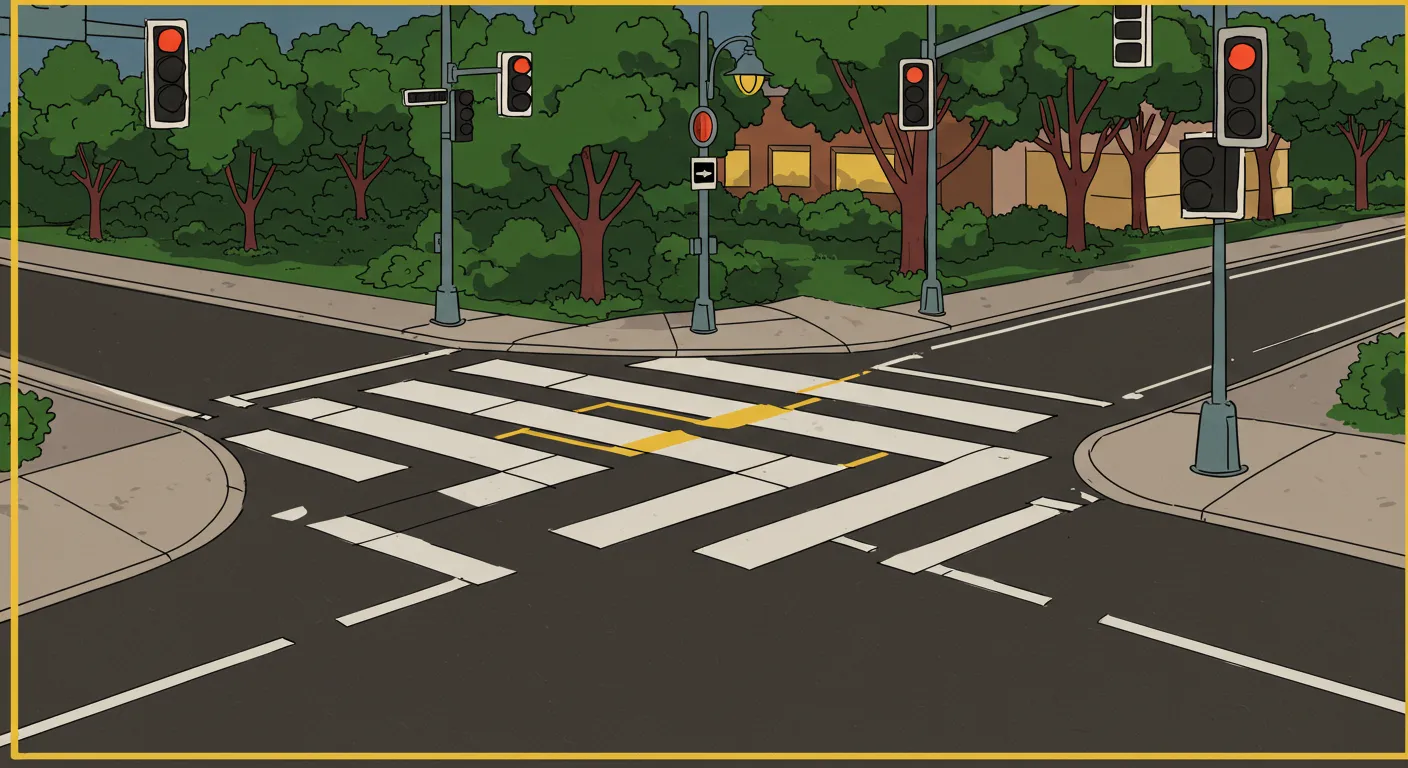In the swirling debate about artificial intelligence's potential, online commentators have revealed a deeply complex narrative about technological progress that goes far beyond simple optimism or pessimism. The conversation is fundamentally about power: who will benefit from widespread automation, and at what human cost?
The most recurring theme is economic inequality. Multiple online voices argue that AI-driven automation is likely to concentrate wealth among a tiny elite, while potentially displacing millions of workers. Unlike previous technological revolutions, there's profound skepticism about whether new jobs will emerge quickly enough to offset those lost to artificial intelligence.
The techno-optimists' vision of a world transformed by technology rings hollow for many commentators. They see AI not as a liberating force, but as another tool for corporate cost-cutting and wealth concentration. The promise of reduced human labor is overshadowed by fears of widespread unemployment and social destabilization.
Underlying this debate is a deeper philosophical question about human value. If machines can perform increasing numbers of tasks, what becomes of human purpose and economic participation? The conversations suggest we're approaching a potential paradigm shift where traditional employment models may become obsolete.
Ultimately, the online discourse reveals a stark challenge: Can our social and economic systems be reimagined to distribute technological gains equitably, or will AI simply accelerate existing patterns of inequality?


